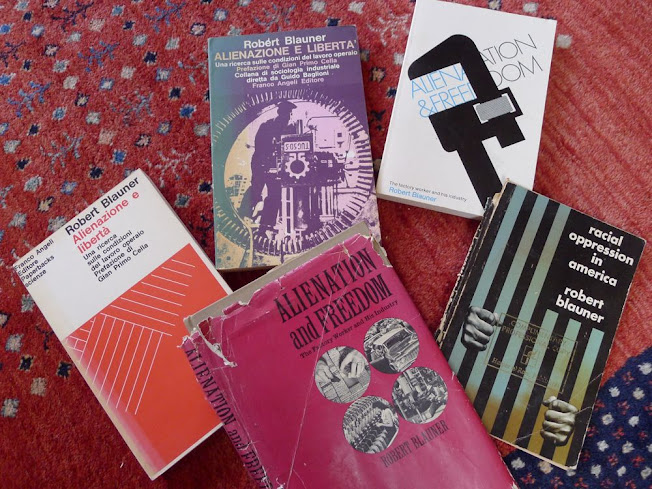Honoring Labor
Does America honor physical labor, workers, or service givers? No, perhaps in words, but not in practice. But unionizing has been coming back, and is having some spectacular successes. It’s in the news, even written about this Labor Day, and I am so thrilled. Workers’ dignity is elemental.
Stewarding my backyard – a double lot sprawling up the hill with 108 steps – asks me to engage daily in very physical labor which is not “recognizable” to most people. Normally garden services and immigrant laborers (often undocumented) are hired weekly to do this kind of work – unseen. It is the rare person who will ask: “You are taking care of all of this? That is a lot of work!” Yes, it is, and I love it. Once a week I might have a helper for 2-3 hours, Nicky or recently Emma, and they love it too. Labor, hard physical work, is nowadays unknown to many people. We are seduced into endless conveniences, even if they are promising to “kill” us and earth in the end. We have become slaves to never-ending consumption and distractions.
All my life, I have not paid much attention to official holidays, nor did my late husband. This Labor Day weekend, surprisingly and poignantly, I miss Bob to discuss and learn more about the Haymarket Massacre in 1886 for example (which led 20 years later to the 8-hour work day), and American workers’ movements of the past. He was from Chicago, and loved history. In his mid-twenties, Bob worked for five years at International Harvester in Emeryville – as a communist incognito. Later he wrote his first highly acclaimed book: Alienation and Freedom – The factory worker and his industry (Robert Blauner, University of Chicago Press, 1964) translated into several languages, among them Italian and Japanese. It “is an imaginative study of the human meaning of factory work. Developing Marx’s classic theory of alienation and applying it to present-day industry…” There is such long history to the ever-changing ways of capitalism undermining human dignity.
Older, newer, and international editions of Alienation and Freedom
This evening on Labor Day, teaching my T’ai Chi class, I am specifically honoring and celebrating all the moms and dads, teachers and caregivers, farmer workers and firemen, rescue workers, kitchen helpers, hospital cleaners – all the hard work and labor of unsung heroes and their honest sweaty much needed services. Our societal status and salaries, are most likely low. Only the famous and rich are allowed to elevate their status another notch by telling us how hard they worked for their riches :) as if luck, business skills, connections and family lineage never played a role in it. The beloved American myth of hard work: from rags to riches… does it still hold?
There seems to be a growing awareness and appreciation of the contributions of our “real” day-to-day heroes. Can we give them a voice, salaries, paid vacation, and healthcare? Can we be interested in their lives and well-being? Or is the worship of celebrities too addictive?
Up to this day, I vividly remember my mother bent low over the bath tub, washing by hand diapers and all clothes for our family of five, schlepping groceries on foot for a mile or more. As a little girl I noticed her tiredness, back pain, swollen chapped hands; much later only could we afford a washing machine and small refrigerator. (Up to this day, women’s work still is invisible and unpaid labor.) My father built all of our furniture – yes, all – with hand tools, and taught us how to do it. Growing up with that instilled in me a great respect for manual labor, and inspired me to live up to the full capacities of my body, mind and heart. Hard work is part of life – honoring this reality keeps us human, connected, kind and just.




Comments
We continue to witness & experience ongoing record breaking natural disasters across this continent & around the world, it's so important that we collectively acknowledge how "endless conveniences" are something we need to give up in order to take care of each other. The level of convenience conditioned into mainstream culture will not work with climate crises all around - our lives will be more difficult and we need to take care of each other – give the support, respect, and dignity to the laborers that make it possible for us to live.
It's shocking that people don't see how connected we all are – as simple as remembering and understanding farm workers are the reason we have food on the table...as simple as remembering that mothers, parents, & people whose labor keeps a home cared for & functioning, upholds all societies.
Like you say "Hard work is part of life" and humans are capable of doing hard work! The difficulty, struggle, and suffering we will face with climate crises will demand more of us, and we will be much more resilient if we tap into our capabilities & work together.